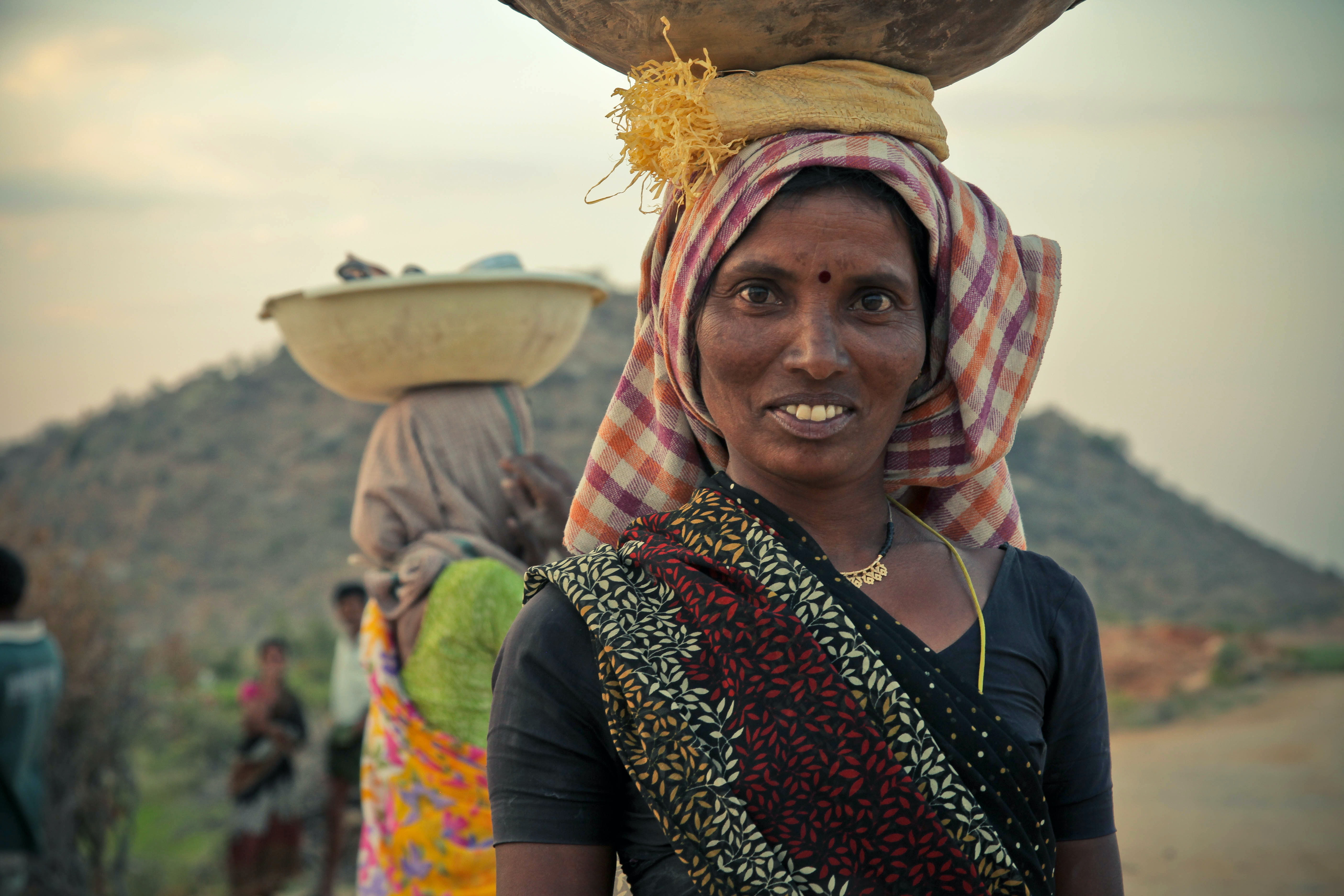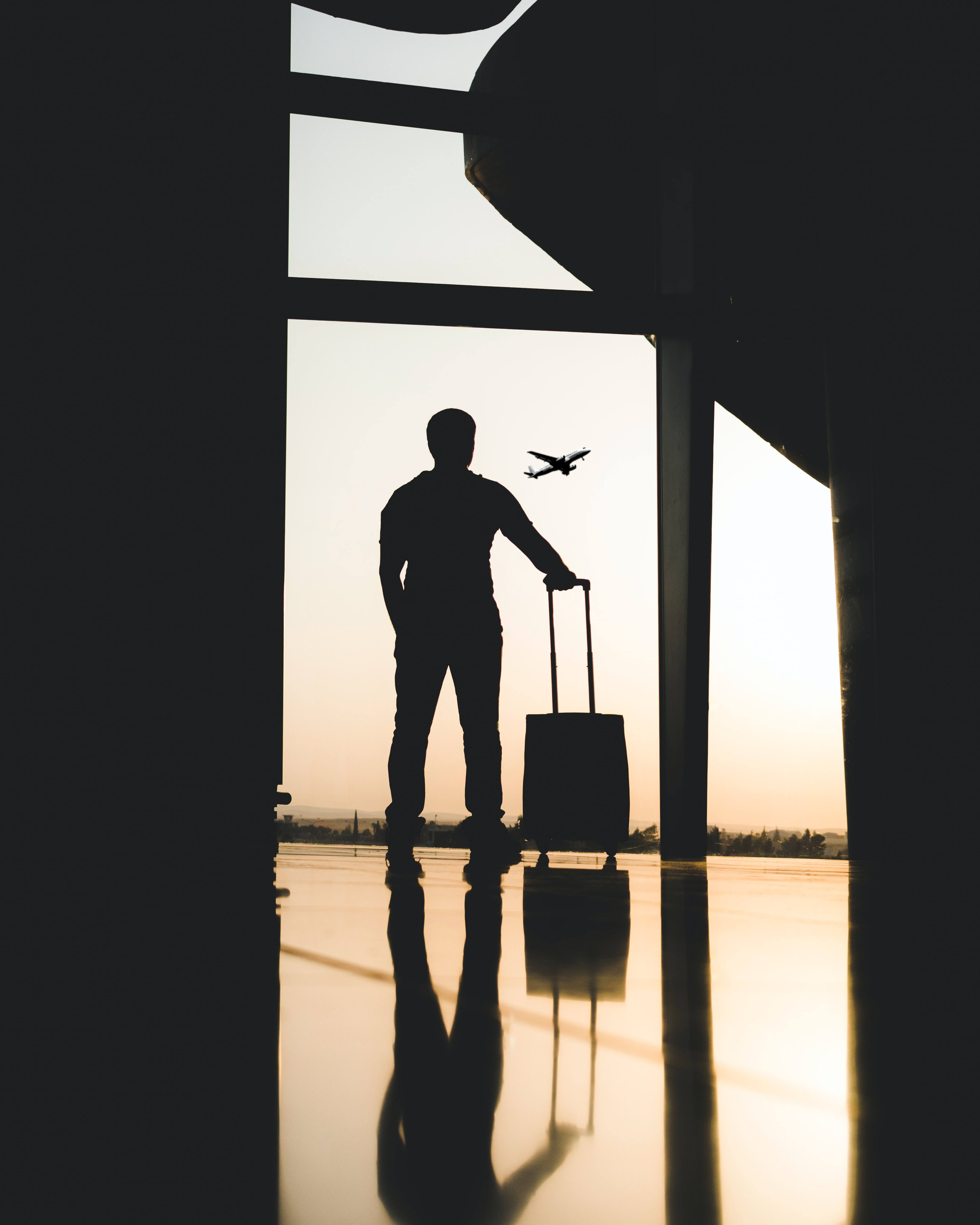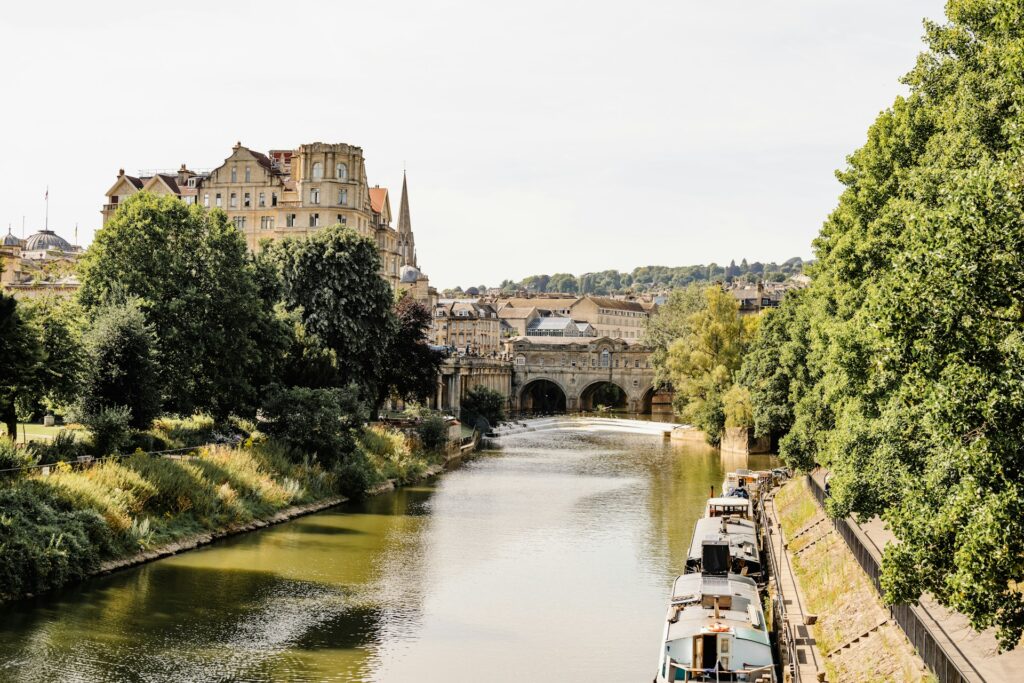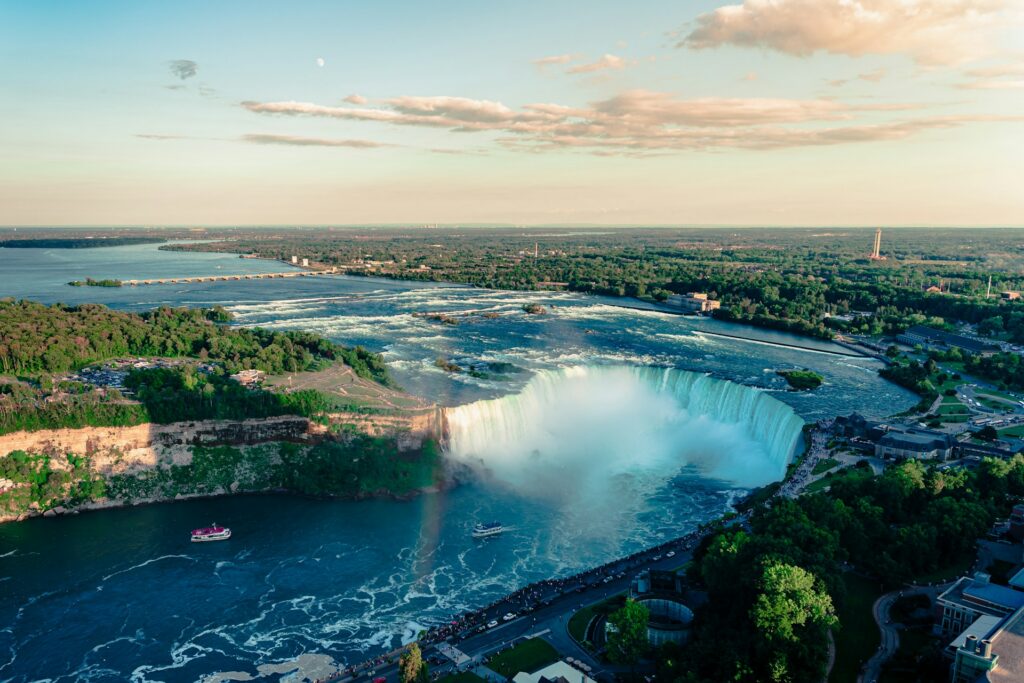WHAT IS CONSIDERED CULTURE SHOCK

While there are many different scenarios, examples, and types of culture shock, they all share the same root cause. It comes from a period of adjustment when someone leaves their familiar surroundings to go to a novel environment. The starker the differences between the two places, the more drastic the culture shock. Some examples of culture shock scenarios could be:
– a person leaving a diverse cosmopolitan city for a more homogenous rural countryside village
– Traveling from a western country to somewhere very culturally different
– Transitioning from a poor area to a wealthy neighborhood
– Someone from a landlocked country traveling to a small Caribbean Island for the first time
– Traveling solo without the usual comfort of family or friends as company
Each situation is unique and causes a unique reaction. Often, the feeling is not immediate, nor is it caused by a singular event. It gradually builds over several incidents, culminating in intense feelings which can involve anxiety, stress, and panic. However, we’ll see how after these feelings, there comes something better.
Also read: Revenge Travel: The 2022 travel trend taking the industry by storm
WHAT CAUSES CULTURE SHOCK?

Culture shock is caused by many things, all of which we can classify into three categories: social interaction, physical environment, and differences in attitudes and expectations.
Unfamiliar ‘rules’ for social interaction
These are the strange, new ways you are expected to communicate with others. Few of these ‘rules’ are explicitly taught. Instead, they are implied and subtle, making them difficult to learn.
– How you greet people
– Body language cues
– Facial expressions
– Unfamiliar gestures
– Language barrier
Physical environment
Your physical space has a strong effect on your body and mind. These are the differences in infrastructure, urban areas, and even the climate and temperature.
– Level of noise. For example, moving from countryside quiet to the constant aural barrage of city noise.
– The cleanliness of the indoor and outdoor spaces
– Adequacy of lavatories
– Novel foods, tastes, drinks, and produce, as well as food quality.
– Differences in climate. A sharp change in altitude or temperature can be very jarring to the body, making it difficult to adjust.
Differences in attitudes or expectations
Culture is heavily defined by the views and perspectives of the collective. These can be very different from those that you’re used to.
– Clothing standards. For example, expectations for how women should dress in a Muslim country
– Attitudes to time. Latin, African, and Caribbean countries are infamous for their relaxed attitudes to timeliness and appointments.
– Differences in general mood, cheerfulness, openness to strangers
– General values held on relationships, gender, race, and religion. For example, moving from a diverse city to a mono-religious rural community.
Also read: In the fairytale land of Cappadocia, you can sleep in a (boutique) cave hotel. Yes, really
WHAT ARE THE 5 STAGES OF CULTURE SHOCK?

Culture shock is not acute. Instead, it gradually looms over time, passing through several stages. These are the honeymoon stage, negotiation stage, adjustment stage, adaptation stage, and if returning home, the re-entry stage.
Through these stages, we’ll see that though there are difficult emotions and discomfort, culture shock turns out to ultimately be a really good thing.
1. THE HONEYMOON STAGE
For some, especially if traveling for a short time, this is the whole experience. By the time you would’ve moved to the next stage, you’re already back home.



